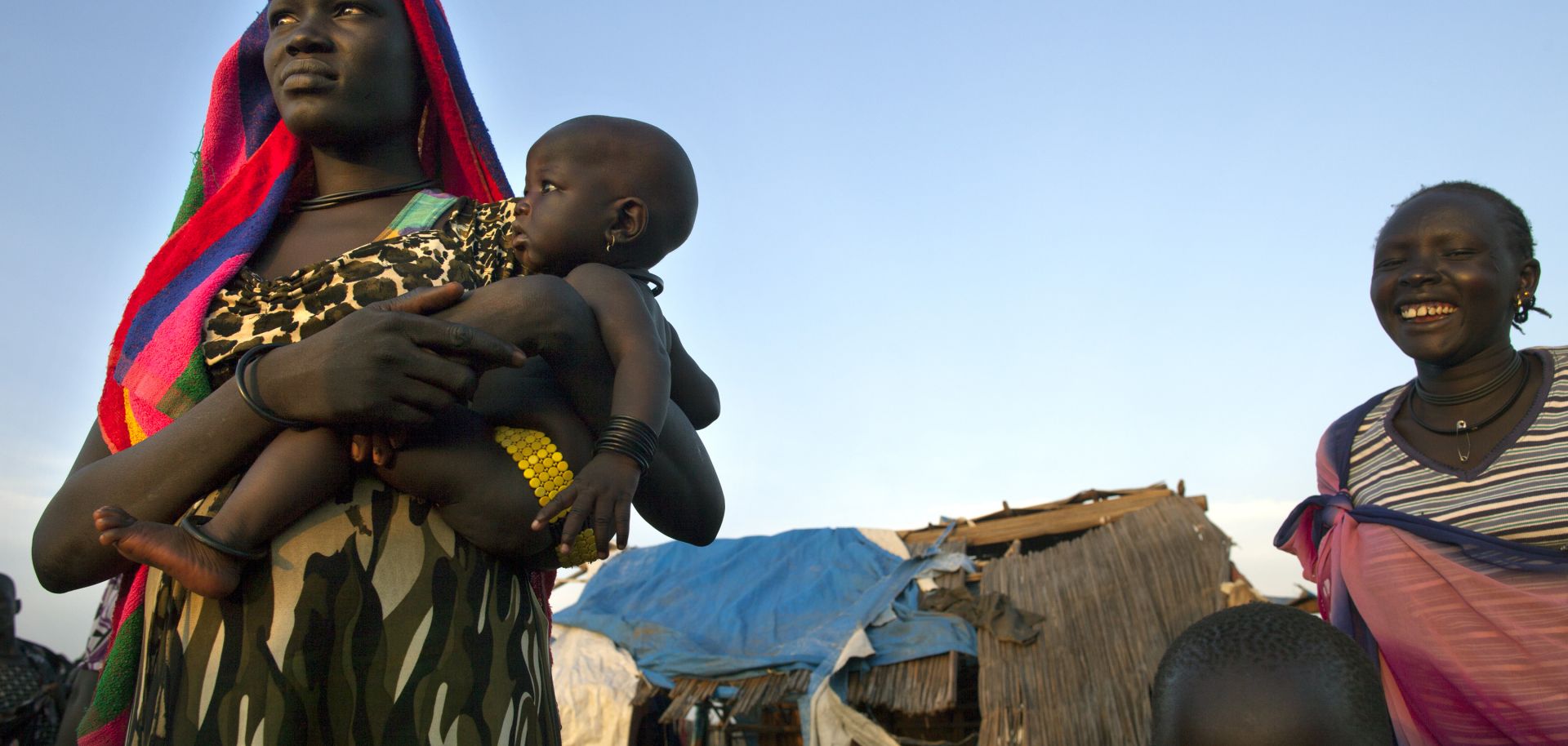
The U.S. State Department issued a warning Dec. 17 advising against travel to South Sudan and urged recommended U.S. citizens in the country to depart immediately. The warning comes amid fighting that began Dec. 15 in the South Sudanese capital of Juba between rival ethnic factions of the South Sudanese government and military. These tribal frictions take a central role in the political competition between President Salva Kiir Mayardit and former Vice President Riek Machar, who come from different tribes, as they prepare to compete for the presidency in the 2015 election. Tensions between the Dinka and Nuer, the largest ethnic groups within South Sudan, have existed for a long time and have often dominated political and military alliances within the country. Since Kiir, a Dinka, dismissed Machar, a Nuer, in July, these tensions have been rising.
The incident at the presidential guard barracks in Juba likely was a result of Kiir's attempts to balance these tribal allegiances. A new unit mainly comprising Dinka troops was formed recently and was deployed at the presidential guard barracks with units consisting mainly of Nuer. This may have been a move on Kiir's part to lessen the Nuer influence in his presidential guard in the wake of the tensions that erupted when he dismissed Machar. The night of Dec. 15, a dispute occurred between the two groups as the mostly Dinka unit took up guard positions. This dispute ended in a firefight, and according to local witnesses, the Nuer troops were forced out of the presidential guard barracks. Since then, South Sudanese military forces have taken up positions across the capital, and the airport and national television reportedly were shut down. Kiir announced a curfew in Juba between 6 p.m. and 6 a.m.
Within South Sudan, the preparations for the 2015 presidential election will dominate internal politics and will likely involve leveraging tribal allegiances. Attempts to position particular ethnic groups, especially the Dinka and Nuer, to gain a more dominant position ahead of the election could also increase tensions within the South Sudanese military. Having fought in separate rebel armies during the Sudanese civil war that led to South Sudan's independence, most units of the South Sudanese military continue to be either predominantly Dinka or Nuer. Managing these frictions within the security forces will be an important element of the government's attempt to stem overall ethnic competition and to maintain security ahead of and during the elections.



